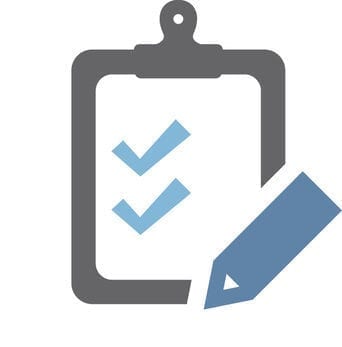CyberLink has cleared another standards milestone. The company’s FaceMe facial recognition engine has passed the second level of iBeta’s Presentation Attack Detection (PAD) test, after previously clearing the first level of the test in November of 2021.

The accomplishment attests to FaceMe’s ability to guard against different forms of spoofing. In that regard, the Level 1 PAD test evaluates a solution’s ability to detect the use of 2D videos and photos. The Level 2 test, on the other hand, looks at more sophisticated 3D masks, whether they are printed or made with lifelike materials like resin or latex. FaceMe received a perfect score in both evaluations, and was successfully able to detect every single one of the spoofing attempts that was made against the platform.
In more technical terms, that means that the company achieved an Attack Presentation Classification Error Rate (APCER) of zero percent. FaceMe was also good at distinguishing a registered user from a human imposter, with Bona Fide Presentation Classification Error Rates (BPCER) of 1.5 percent on iOS devices and 2.5 percent on Android. Those results indicate that false matches are extremely rare, and that FaceMe is therefore a reliable form of authentication for online banking and other digital applications.
“Biometric fraud prevention is one of the most critical imperatives for sectors of the economy such as fintech, where a security breach can take catastrophic proportions,” said CyberLink CEO Jau Huang. “The iBeta PAD test is widely recognized as the global standard for the spoofing prevention performance of facial recognition offerings. Achieving Level 2 with a perfect score anchors FaceMe as one of the very best solutions to protect access from biometric fraud.”
Solutions that pass the iBeta test are compliant with the ISO-IEC 30107-3 standard. The organization itself is accredited to test facial recognition solutions under the NIST’s National Voluntary Laboratory Accreditation Program (NVLAP).
CyberLink also posted a top-three score in the most recent ICCV anti-spoofing challenge.
–
March 22, 2022 – by Eric Weiss




Follow Us